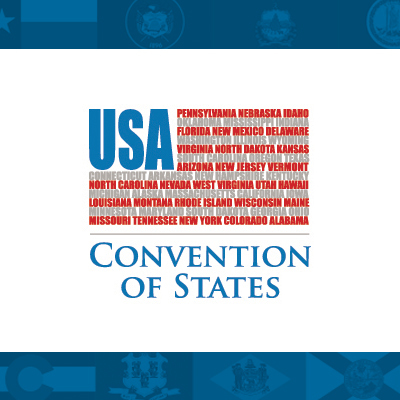Any teacher, lawyer, or politician will tell you that word choice matters. The words we use (and how we use them) can mean the difference between successful communication and horrible misunderstanding.
Over the last few months, many folks have asked, “What is the difference between a ‘constitutional convention’ and a Convention of States?” Those who oppose the use of Article V like to use these terms interchangeably. They say that a “con-con” is dangerous and could result in the destruction of the American system of government. Any sane person, they say, wouldn’t dream of pursuing a “con-con.” Well, we agree. A constitutional convention would be dangerous could very well result in disaster.
But we don’t want to call a constitutional convention. We want a call a Convention of States. As Paul Boland, one of our GA District Captains, explains,
A Convention of States is simply one of the two methods in Article 5 of our Constitution for proposing and ratifying amendments. This is not the sort of convention that has the power to propose a new Constitution or to change the Constitution. The only thing an Article 5 convention can do is to propose an idea for how to fix a broken system -- a system that has become corrupted by a Congress that can’t function.
A Convention of States only has the authority to propose amendments. It cannot change the American system of government. By itself, it cannot even change the Constitution. Clearly, calling an Article V Convention of States a “constitutional convention” is a very poor choice of words..
We have to get these terms right, folks! The fate of our country could depend upon it.


